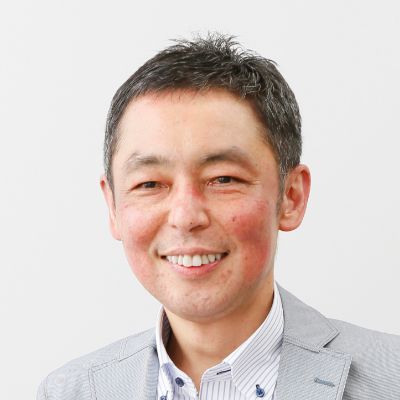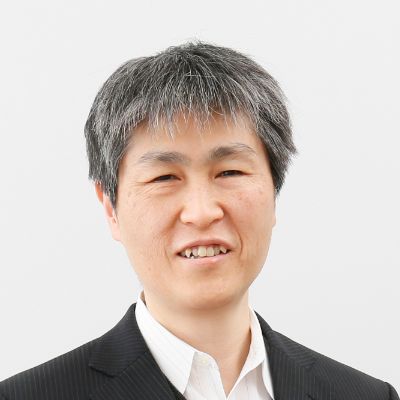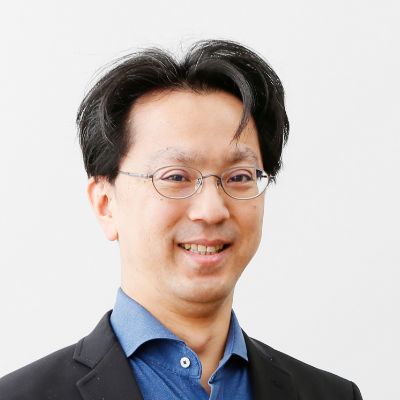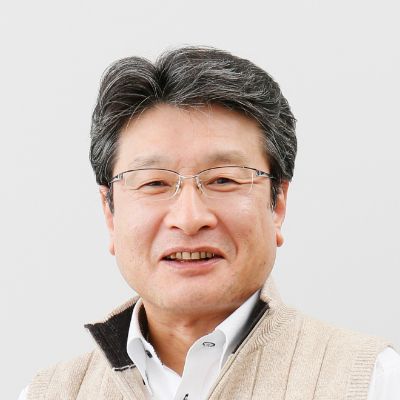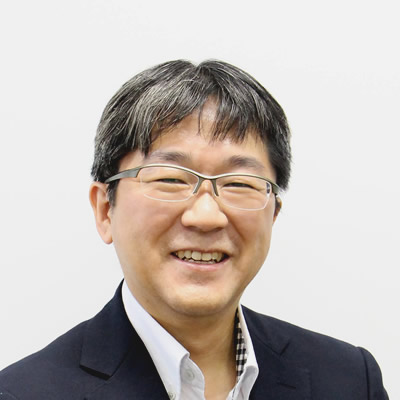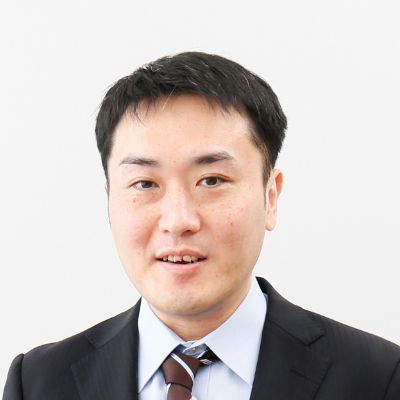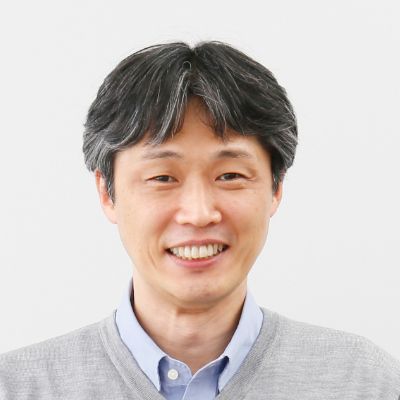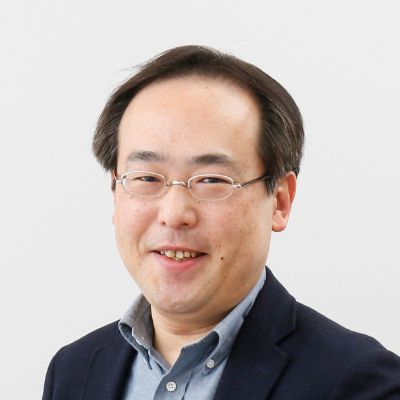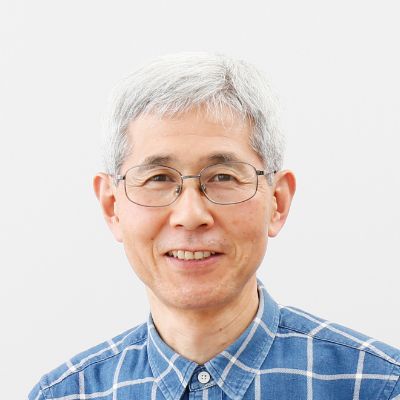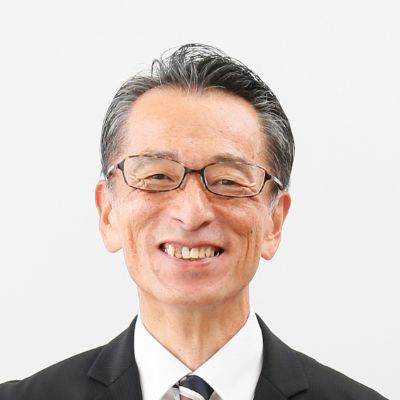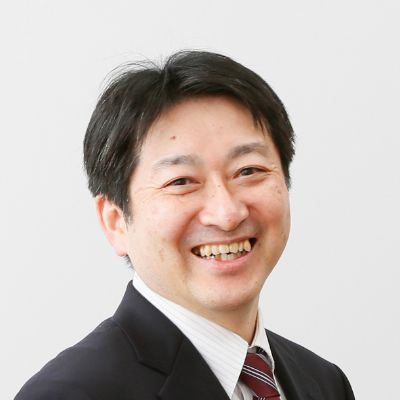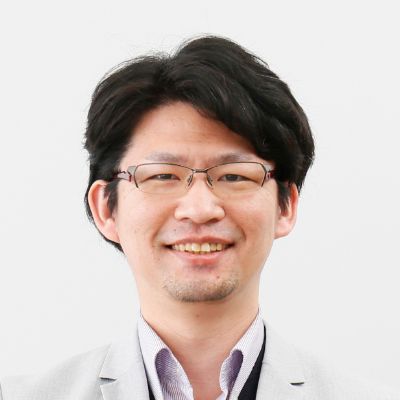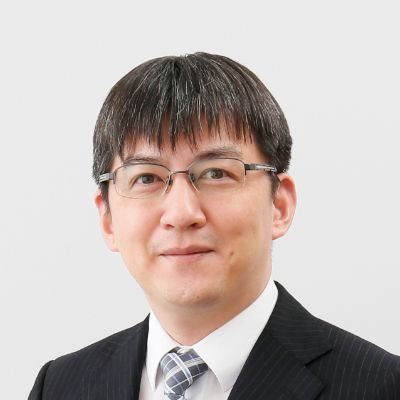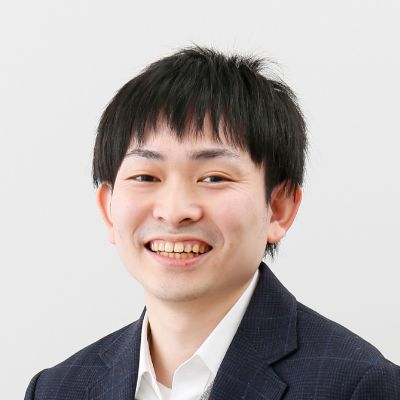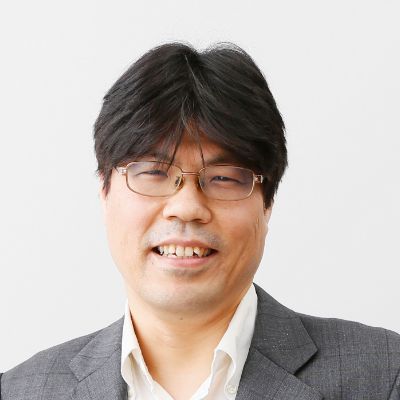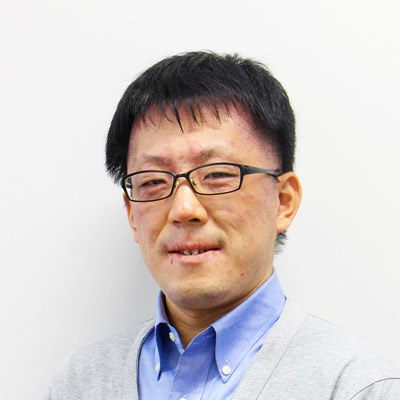This section introduces the background leading to the establishment of the Department of Information Engineering and highlights the distinctive features of its research.
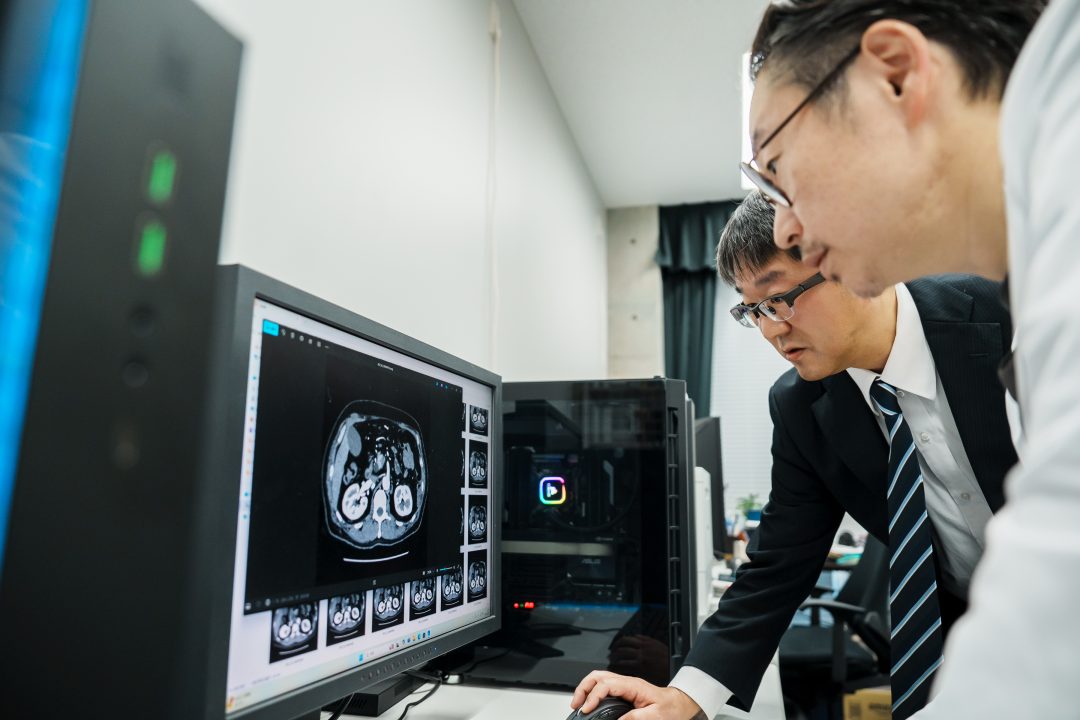
Cultivating Information Engineers with Advanced Expertise and Research Skills
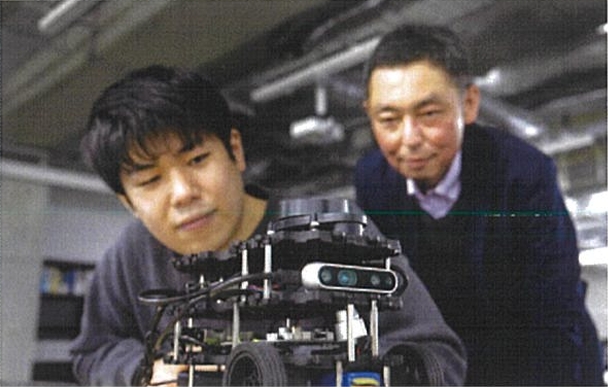
Implementation evaluation of AI security measures used in autonomous mobile robots Psychological measurement of drivers during automatic/manual driving
Psychological measurement of drivers during automatic/manual driving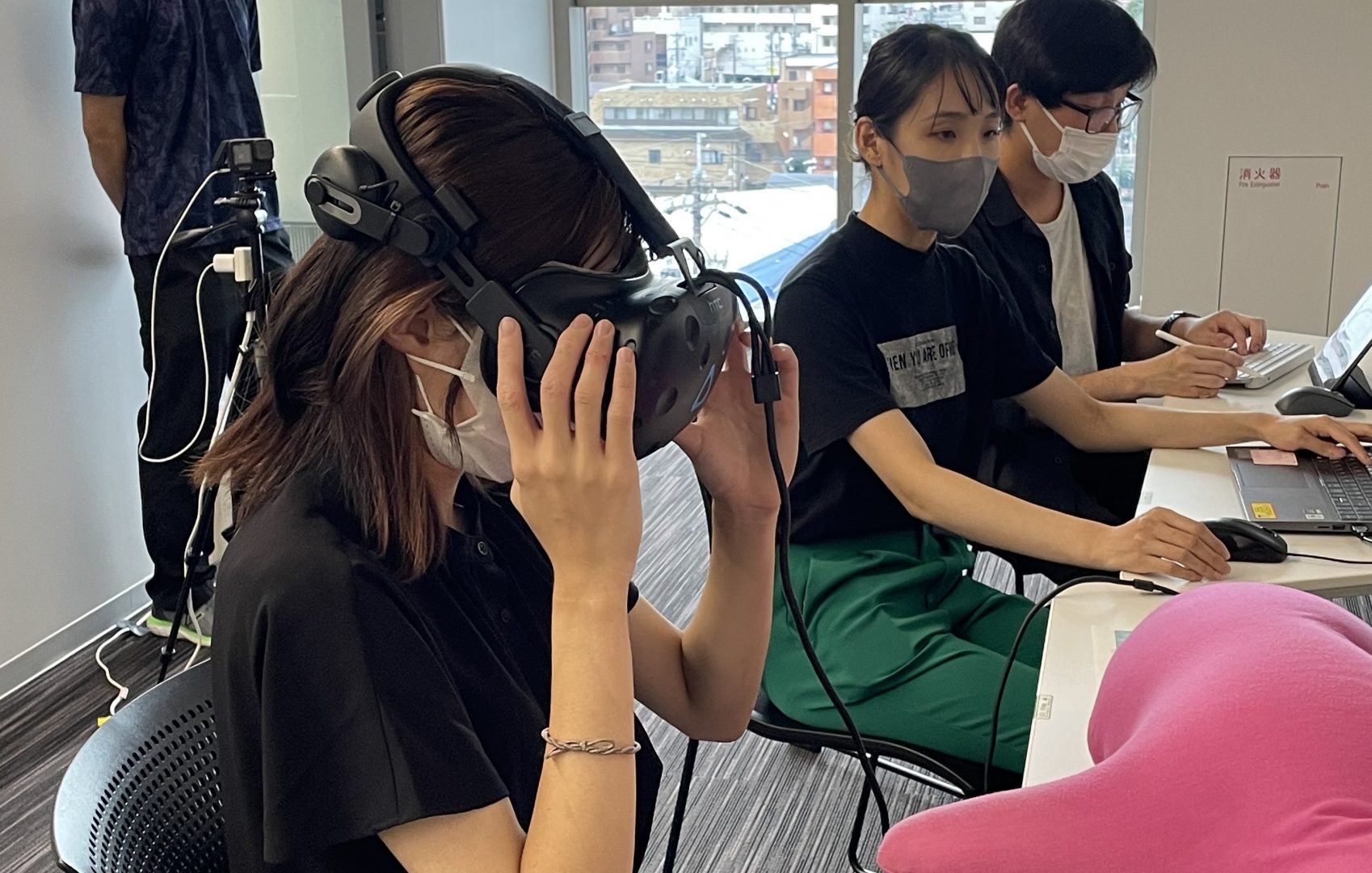 VR environment inside a vehicle cabin for measuring emotional responses (industry-academia collaboration)
VR environment inside a vehicle cabin for measuring emotional responses (industry-academia collaboration)
Shaping the Future with Information Engineering
In response to the growing societal demand for advanced information technologies, we plan to establish a new Master’s Program (with a capacity of 45 students) in the Graduate School of Information Engineering in April 2026, building on the educational foundation laid by the Faculty of Information Engineering established in 2022.
In this program, students will cultivate a broad perspective and deep expertise across four specialized fields. Through opportunities such as presenting at academic conferences both in Japan and abroad, as well as participating in international exchange programs, students will develop a global outlook. The goal is to nurture engineers and researchers who can contribute to society through the application of information technology.
Graduates of the Master’s Program are expected to play active roles in a wide range of industries, including information services, telecommunications, manufacturing, and media. Advancement to doctoral studies is also an available path.
TOPICS
-
1)Toward the Heart of “Creative and Practical Learning”
Inheriting the DNA of the Graduate School of Science and Technology, which has produced Nobel laureates, we take on the challenge of conducting high-level, socially impactful research rooted in the spirit of creative and practical learning.
-
2)Welcoming International Students
We actively welcome students from diverse cultural backgrounds and foster an environment where they can engage in research together, inspiring one another and transcending differences in values. Through this, we aim to cultivate globally minded individuals who can thrive in the international community.
-
3)Welcoming Working Professionals
We welcome working professionals who wish to enhance their skills—such as applying AI or learning core technologies for digital transformation (DX)—by providing opportunities to study while continuing their careers.
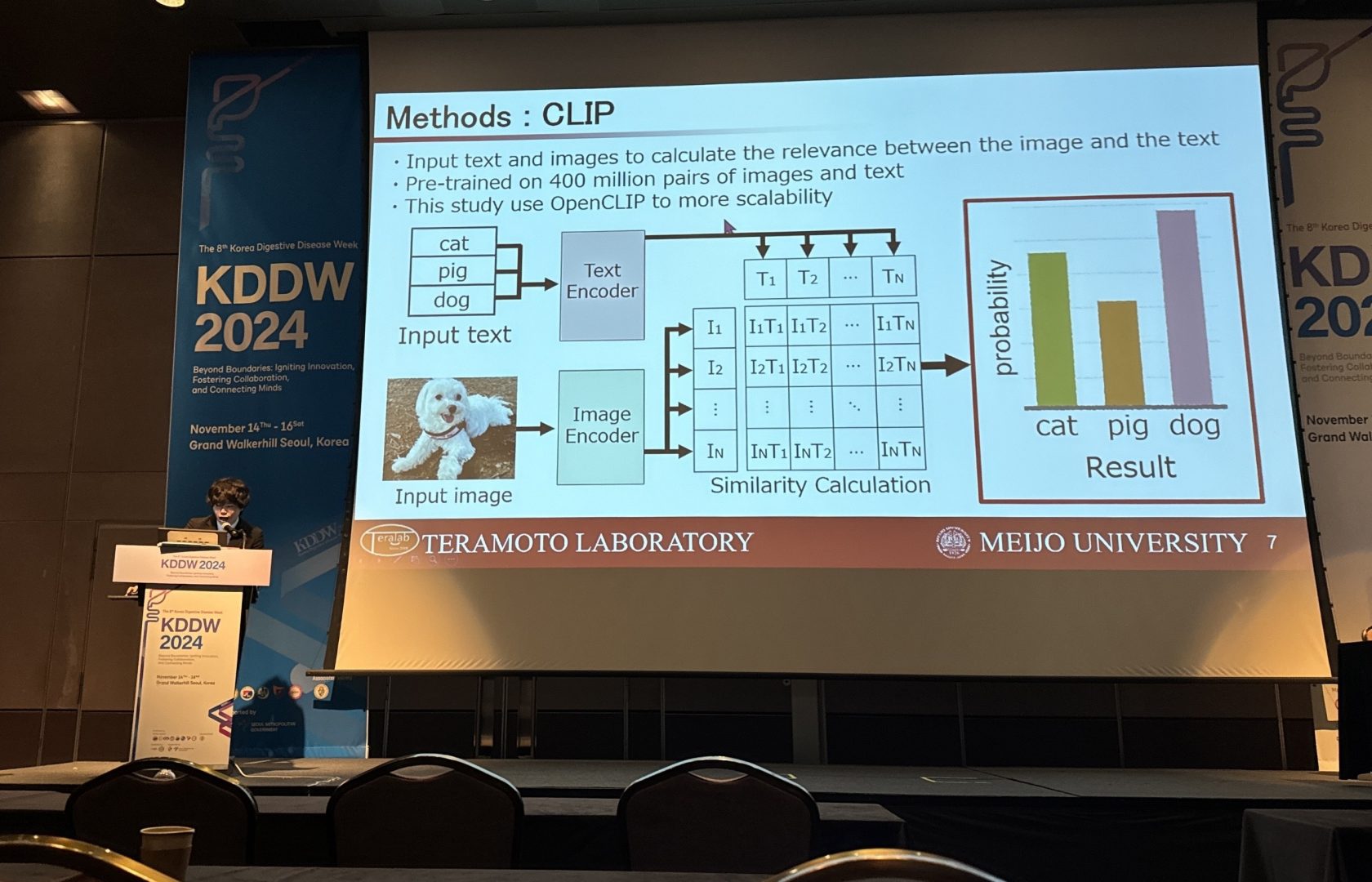
Encouraging research presentations at international conferences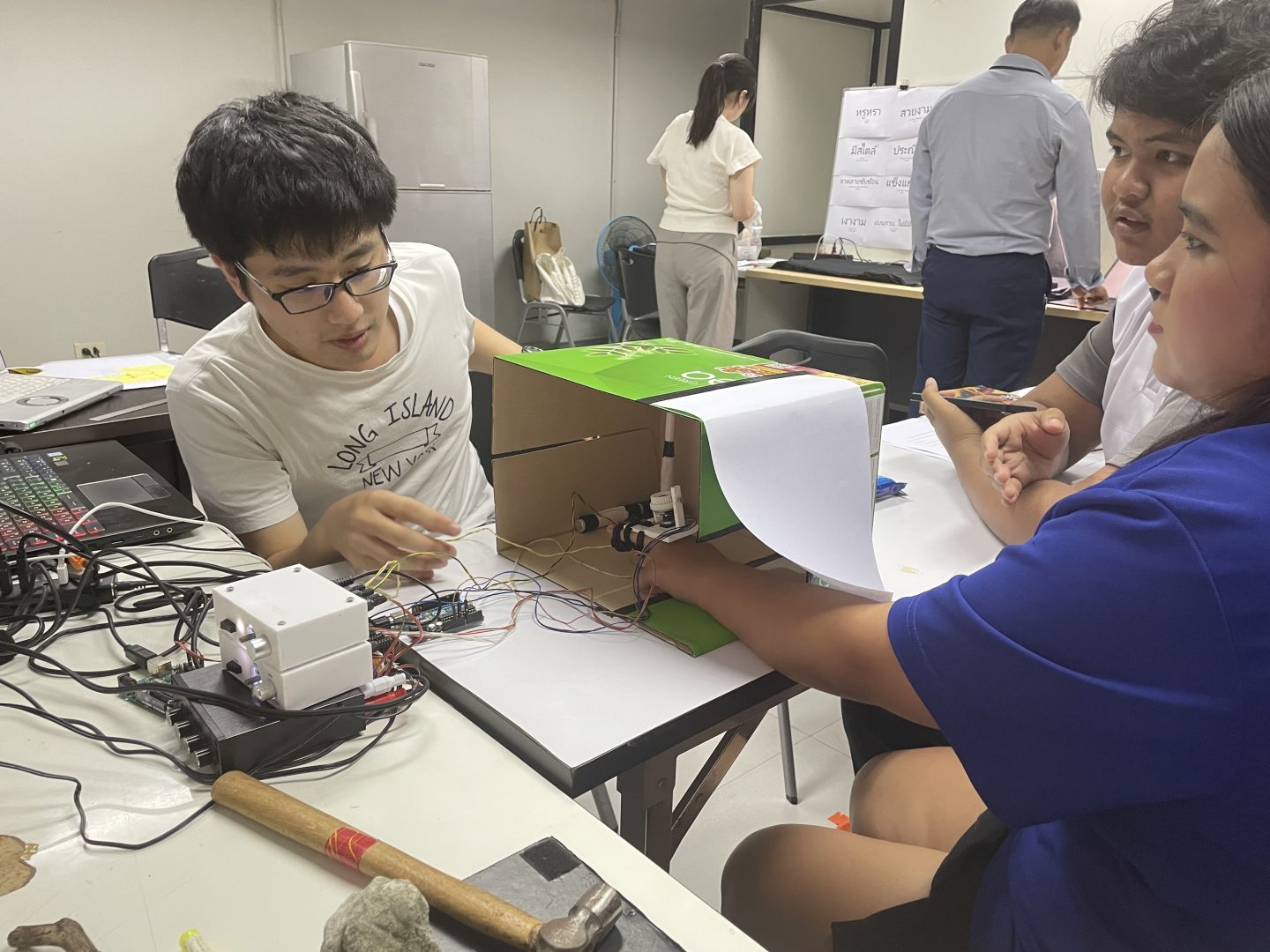
VR experiments conducted at a university in Thailand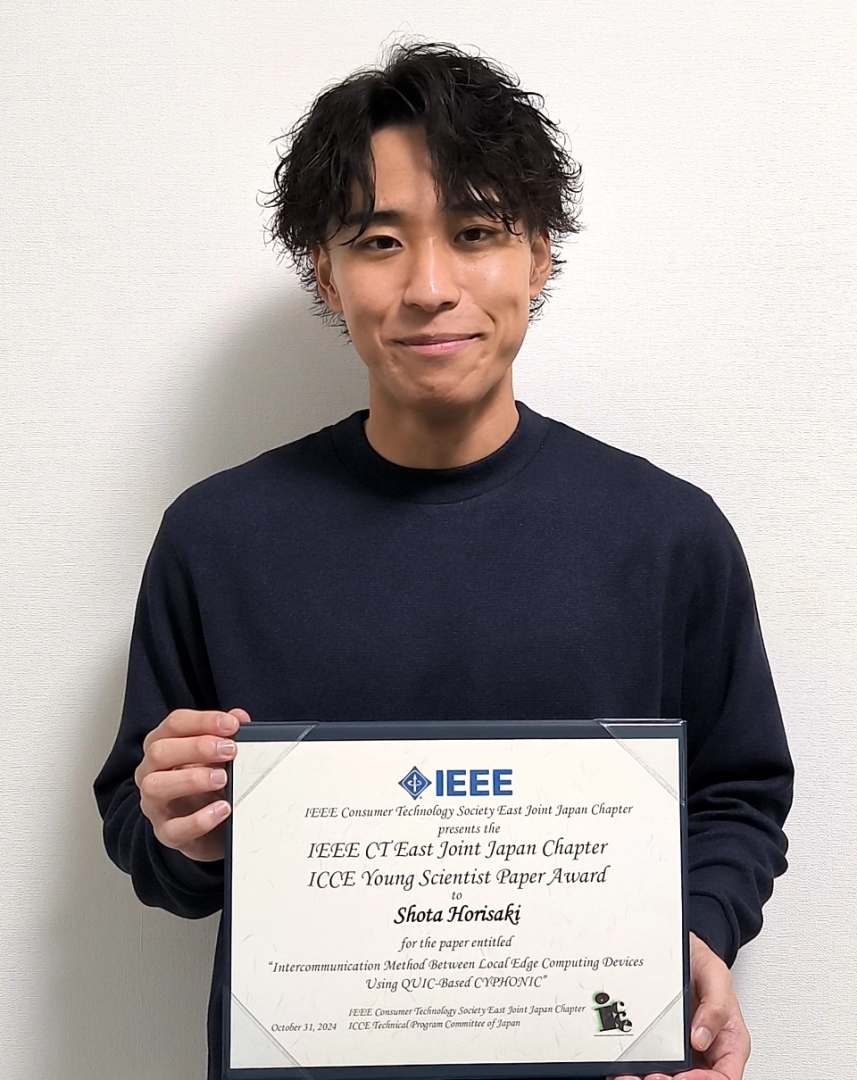
Numerous awards received at academic conferences
Features of the Graduate School
Opportunities for Diverse Challenges Based on Your Interests
The Department of Information Engineering offers four specialized fields of study. Students belong to one of these fields and engage in research activities to deepen their expertise.
-
Physical Computing
Research on hardware for acquiring information and the software needed to utilize it.
-
Data Engineering
Research on the principles of software, information management, algorithms, and methodologies for intelligent information processing.
-
Human Media
Research on systems for extracting information from media such as images, sound, and language; methods for processing and utilizing such information; and ways to effectively deliver information to humans through media.
-
Network Systems
Research on high-speed information transmission through communication channels and systems that ensure secure and reliable information exchange over networks.
Each specialized field offers Advanced Topics courses, providing a structured curriculum for acquiring in-depth expertise in the selected area. In addition, all students can take a common course titled “Advanced Topics in Data Science and Artificial Intelligence”, which equips them with graduate-level knowledge and skills in these fields.
Educational Objectives
The Graduate School of Information Engineering aims to cultivate engineers and researchers who possess a broad perspective, strong international awareness, and the advanced expertise and applied skills in information engineering required to thrive in society. These individuals will be capable of creatively pioneering new fields through their own initiative.
- The ability to make sound decisions and take action with a strong sense of ethics and a broad perspective
- The ability to apply advanced expertise and technical skills to identify and solve real-world problems
- The ability to make creative proposals in unexplored or emerging fields
- The ability to understand and engage in international exchange of technology and culture
Three Policies
1. Diploma Policy
The Master’s Program in the Department of Information Engineering at the Graduate School of Information Engineering confers the degree of Master of Engineering upon students who, in accordance with the founding spirit of the university and the educational objectives of the graduate school—namely, “to cultivate engineers and researchers who possess a broad perspective, strong international awareness, advanced expertise and applied skills in information engineering, and the ability to creatively pioneer new fields”—have been enrolled in the program for at least two years, have acquired the necessary 30 or more credits, and have passed the required evaluation of their master’s thesis, having demonstrated sufficient knowledge and research capability in advanced information engineering.
- Possess a broad perspective, high-level technical expertise, and a strong sense of ethics, enabling fair and sound judgment from an academic standpoint in response to the diverse demands of society regarding information engineering.
- Demonstrate professional competence as an information engineer in various fields of the advanced information society, applying their expertise to identify challenges and solve complex problems.
- Acquire the ability to engage in lifelong, independent inquiry into issues in information engineering, collaborate effectively with others to solve problems, and succeed in international settings.
2. Curriculum Policy
The Master’s Program in the Department of Information Engineering is structured to achieve the educational objectives of the program and to cultivate the qualities and abilities outlined in the Diploma Policy. To this end, the curriculum is designed and implemented with a well-balanced combination of coursework and research activities, based on the following principles.
- In the coursework component, students will acquire advanced expertise in information engineering as well as knowledge across a wide range of related fields. To this end, advanced courses are offered in the four key areas of Physical Computing, Data Engineering, Human Media, and Network Systems. In addition, common courses such as Advanced Topics in Data Science and Artificial Intelligence, Advanced Internship, and English language courses are provided. Through these classes, students will develop deep, specialized knowledge and the ethical awareness needed to critically and fairly assess complex issues.
- In the research component, each specialized field offers designated research guidance courses including special exercises and experiments. These courses include instruction in research ethics, as well as guidance in delivering research presentations, writing academic papers, and composing a master’s thesis. Through this training, students will cultivate the foundation, knowledge, and creativity necessary to demonstrate professional competence across various fields in the advanced information society, and apply these skills to effective problem-solving.
- Both coursework and research are conducted in small, interactive class settings that actively incorporate hands-on practice, presentations, and research reports, thereby promoting active learning. Through this structure, students will develop the ability to engage in lifelong learning and research, as well as communication skills necessary for collaboration and exchange with others, such as in joint research projects.
- Grading and credit recognition are conducted rigorously based on the evaluation methods and criteria specified in the course syllabi. Master’s theses are strictly reviewed in accordance with the Graduate School of Information Engineering’s thesis evaluation standards to ensure objectivity. In addition, students receive individualized guidance from their academic advisors based on their career goals and interests, allowing them to pursue studies that align with their personal development and aspirations.
3. Admission Policy
The Master’s Program in the Department of Information Engineering seeks to admit individuals who understand the educational objectives of the program and who, through their undergraduate education, have acquired the following qualities and abilities.
- Possesses fundamental academic skills at the undergraduate level and a solid foundation in computer and information engineering necessary for graduate-level study.
- Demonstrates a clear interest in specialized fields of information engineering and a strong sense of purpose to apply the outcomes of graduate study to society.
- Has a strong spirit of inquiry and research, along with the perseverance and determination to tackle challenges diligently, with a commitment to lifelong learning both during and after finishing graduate school.
Admissions System & Schedule
Curriculum
Physical Computing
- Advanced Topics in Computer Engineering
- Advanced Topics in Human-Machine Systems
- Advanced Topics in Intelligent Signal Processing
- Advanced Topics in Intelligent Control Systems
- Advanced Topics in Image Information Systems
- Advanced Topics in Medical Artificial Intelligence
- Special Exercises and Experiments in Physical Computing IA / IB / IIA / IIB
Data Engineering
- Advanced Topics in Algorithms
- Advanced Topics in Artificial Intelligence
- Advanced Topics in Intelligent Data Analysis
- Special Exercises and Experiments in Data Engineering IA / IB / IIA / IIB
Human Media
- Advanced Topics in Speech and Acoustic Information Processing
- Advanced Topics in Visual and Color Information Processing
- Advanced Topics in Computer Graphics
- Advanced Topics in Natural Language Processing
- Advanced Topics in Virtual Reality
- Special Exercises and Experiments in Human Media IA / IB / IIA / IIB
Network Systems
- Advanced Topics in IoT Systems
- Advanced Topics in Wireless Communication Engineering
- Advanced Topics in Information Security
- Advanced Topics in Information Theory
- Special Exercises and Experiments in Network Systems IA / IB / IIA / IIB
Related Subjects
- Advanced Internship
- Scientific and Technical English
- Advanced Topics in Data Science and Artificial Intelligence
- Special Lectures in Information Engineering
- Special Lectures in Science and Technology
Faculty Members
Click the thumbnails for details (Japanese only).

